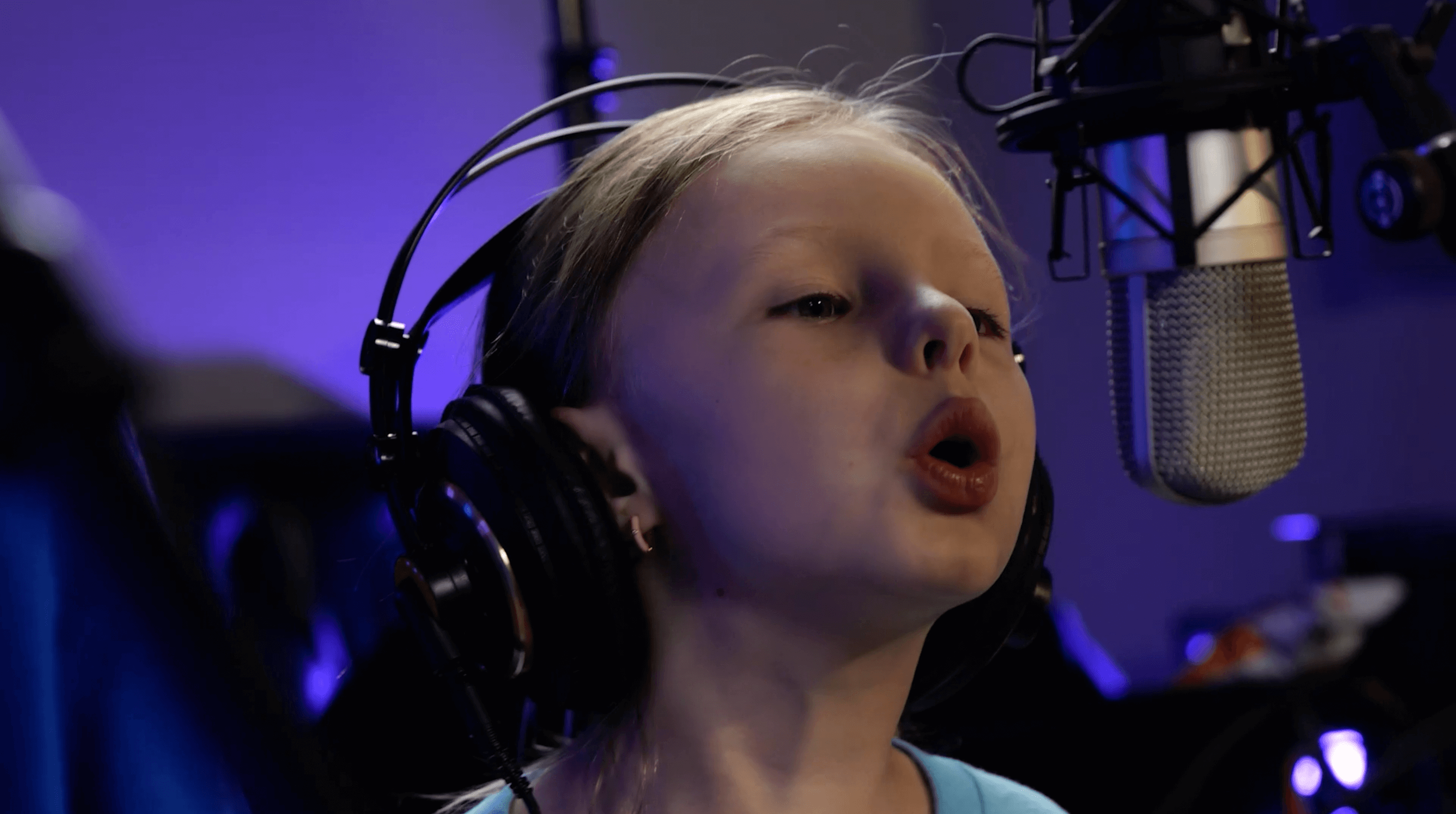As parents, we all want to provide children with the best opportunities to reach their full potential. One powerful tool at our disposal is music, which has a profound impact on brain development in children. Let’s delve into the science behind this and explore how music can harmonize growth in young minds:
Neurological Wiring: Music ignites various areas of the brain, forming new neural connections and strengthening existing ones. When children listen to or create music, neurons fire in synchrony, enhancing brain plasticity and facilitating learning.
Enhanced Memory: Songs and melodies have a unique way of sticking in our minds. For children, this is especially beneficial as music aids memory retention. Whether it’s remembering lyrics, melodies, or the steps to a dance, music helps improve memory skills.
Improved Academic Performance: Studies have shown that children involved in music education tend to perform better in academics. Music training has been linked to improved mathematical abilities, language skills, and overall cognitive function.
Emotional Regulation: Music has the power to influence emotions, calming a restless child or boosting a low spirit. By learning to understand and express emotions through music, children develop better emotional regulation skills.
Language and Linguistic Skills: Exposure to music, especially in the form of singing or playing instruments, can enhance language development. Children learn to distinguish between different sounds, which can aid in speech development and phonological awareness.
Discipline and Patience: Learning to play an instrument or mastering a musical piece requires dedication and practice. Through music, children develop discipline, patience, and perseverance – valuable traits that extend beyond the realm of music.
Stress Reduction: Music has a calming effect on the nervous system, reducing stress and anxiety in children. Gentle melodies can help soothe a restless child, providing comfort and relaxation.
Social Bonding: Participating in group musical activities, such as singing in a choir or playing in a band, fosters a sense of belonging and camaraderie. Children learn to work as a team, support one another, and build lasting friendships.
In conclusion, music is a powerful catalyst for brain development in children. Its ability to enhance memory, stimulate neurological connections, and improve emotional regulation
makes it a valuable tool in promoting holistic growth. As parents and educators, let’s recognize the potential of music and integrate it into the lives of our children to support their cognitive, emotional, and social development.



